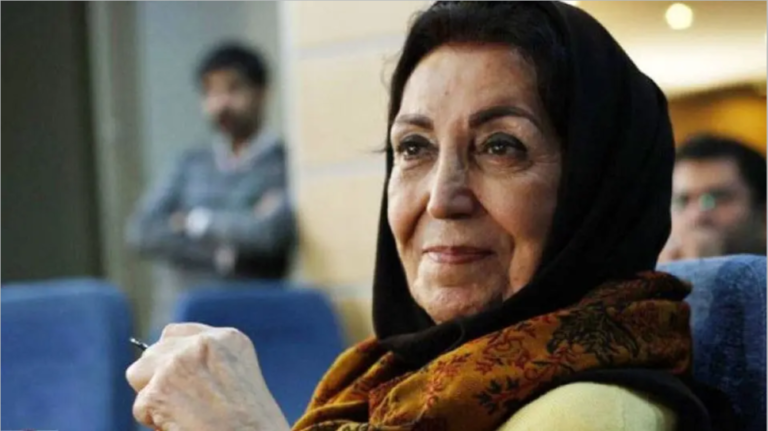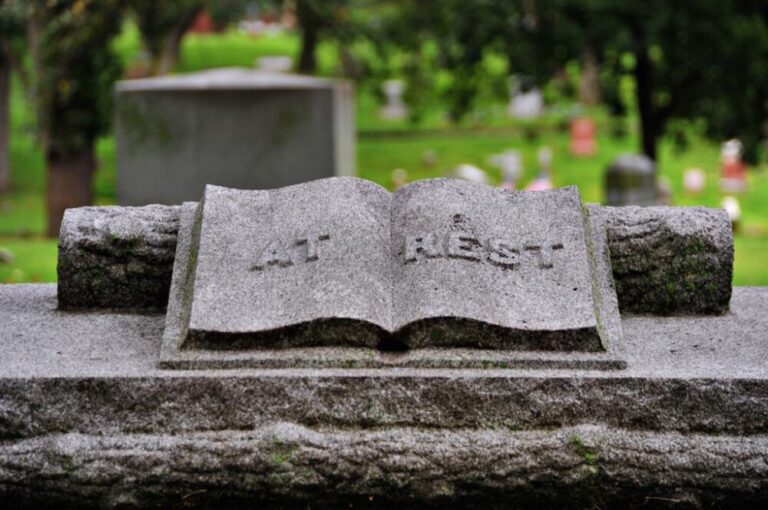The Risks, Rewards And Mysteries Of Reporting From Iran
Nazila Fathi covered turbulent events in her native Iran for years as The New York Times correspondent. She learned to navigate the complicated system that tolerates reporting on many topics but can also toss reporters in jail if they step across a line never explicitly defined by the country’s Islamic authorities.
Fathi recalls one editor telling her what journalists could do in Iran: “We have the freedom to say whatever we want to say, but we don’t know what happens afterwards.”
Five years ago, Fathi was covering the aftermath of Iran’s hotly contested 2009 presidential election, when demonstrators flooded the streets to protest a vote they said was rigged in favor of the incumbent, Mahmoud Ahmadinejad. The government warned journalists to stop covering the street demonstrations, which often turned violent, but Fathi continued to file stories for the Times.
Then one day, a government source told her that the authorities had given her photo to snipers who were believed to be shooting the protesters. Soon after, intelligence officials appeared on the street outside her apartment.
Fearing arrest, she remained in her apartment until she and her husband, along with their two small children, left for the Tehran airport in the middle of the night and took a flight out of the country.
Fathi has not gone back to Iran and now lives in suburban Washington, D.C. She’s written about the challenges of reporting in Iran in a new book, The Lonely War: One Woman’s Account Of The Struggle For Modern Iran.
Speaking with NPR’s Steve Inskeep, Fathi says she believes that some journalists are arrested not for their reporting, but to serve as a pawn in a complex power struggle. It could involve Iran and a foreign country or it could be an internal feud between two Iranian government agencies, she says.
برای مصاحبه به لینک اصلی مراجعه کنید.







